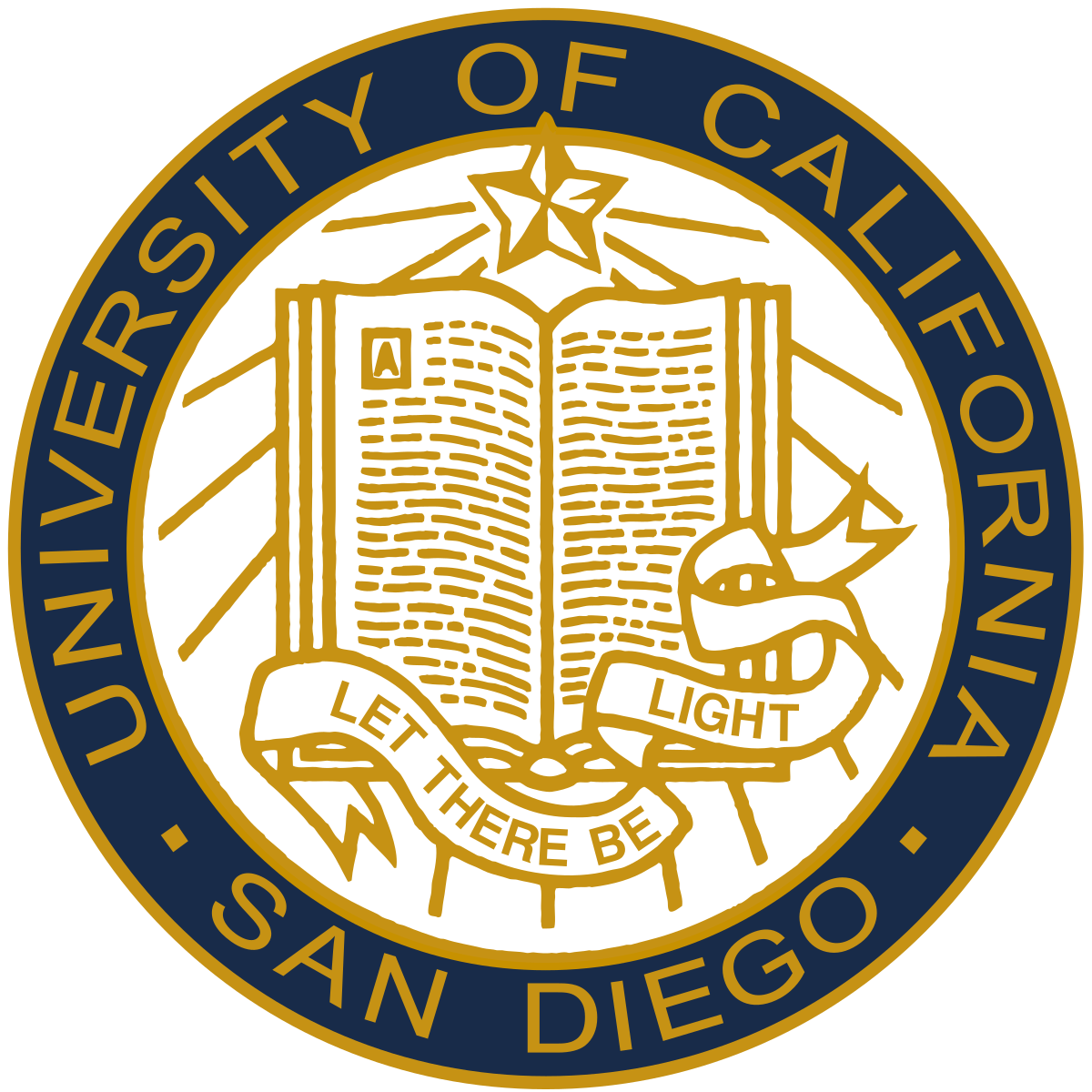UC San Diego: Childhood Car Crash Inspires UC San Diego Alumni to Donate to Pediatric Research
Inspired by a personal experience, UC San Diego alumni, Cathy and Richard Tryon, make a gift of $1 million towards first-of-its-kind pediatric research. Photo courtesy of The Tyron Family.
When Richard Tryon was nine-years-old, he was involved in a serious automobile accident that left him with critical facial injuries that required 10 hours of surgery. It took him approximately three months post-surgery to begin to recover physically, but the psychological impact has taken years to address.
“I have had symptoms of post-traumatic stress disorder ever since my accident. Throughout the years, doctors haven’t always understood that they needed to treat the whole patient. The psychological injuries have to be treated just as much as the physical injuries,” said Tryon, now age 71.
It is this deeply personal experience that inspired Tryon and his wife, Cathy, to give back to the university where they first met as students in 1970.
The Tryons learned about a survey Amanda Gosman, MD, director of Craniofacial and Pediatric Plastic Surgery at UC San Diego Health, whose team has been studying the impact trauma, surgery and living with visible scars and deformities have on quality of life of children. The survey involves in-depth interviews with patients and family members. The data collected is intended to help develop individualized interventions.
Sixty-two years after his childhood car crash, Tryon realized he had the opportunity to help patients who confront the same challenges and emotions he has throughout his life.
“I believe the work Dr. Gosman is doing is essential to the full recovery of these patients. The funding of her work is just as essential. It’s as simple as that,” said Tryon.
The couple decided to make a gift of $1 million towards Gosman’s project. The Cathy and Richard Tryon Pediatric Facial/Psychological Trauma Research Fund will support research at UC San Diego to benefit pediatric patients who have suffered from a traumatic incident/facial deformity.
UC San Diego will be the first in the nation to be involved in this type of pediatric research.
“Ultimately, my goal is to create a tool that can continually assess quality of life for these kids just like we check their vital signs,” said Gosman. “Living with a facial deformity can be devastating, but with appropriate interventions, either psychological, social or surgical, we have the opportunity to make a significant impact in this patient population.
Gosman
Amanda Gosman, MD, is the director of Craniofacial and Pediatric Plastic Surgery at UC San Diego Health, whose team has been studying the impact trauma, surgery and living with visible scars and deformities have on quality of life of children.
“The incredibly generous donation from Cathy and Richard will help build the research infrastructure to validate the data collected from our survey, as well as build a team of experts to support research and psychological clinical care.”
Validation of the survey is likely to be a three-to-five-year project with the goal of interviewing 500 to 1,000 children and parents. It requires a significant amount of funding to coordinate across multiple institutions. The tool will be developed in English and Spanish.
Once validation is complete, Gosman and team will integrate it into their daily practice.
“We can then monitor the mental health outcomes of these patients and customize their treatment plans,” she said. “Richard has taken his personal experience and is using it to truly change a lot of lives for the better, as well as provide the opportunity to change access to mental health services and even raise awareness about facial equality so that we can make a profound difference for future generations.”
Tryon is simply hoping others find a less-fraught future.
“I have spent years trying to manage the PTSD caused by an incident that happened many years ago,” said Tryon. “It is an honor for my wife and I to support an effort where children with facial deformities will get their mental health needs met through appropriate and timely interventions that will help them live full and productive lives.”

